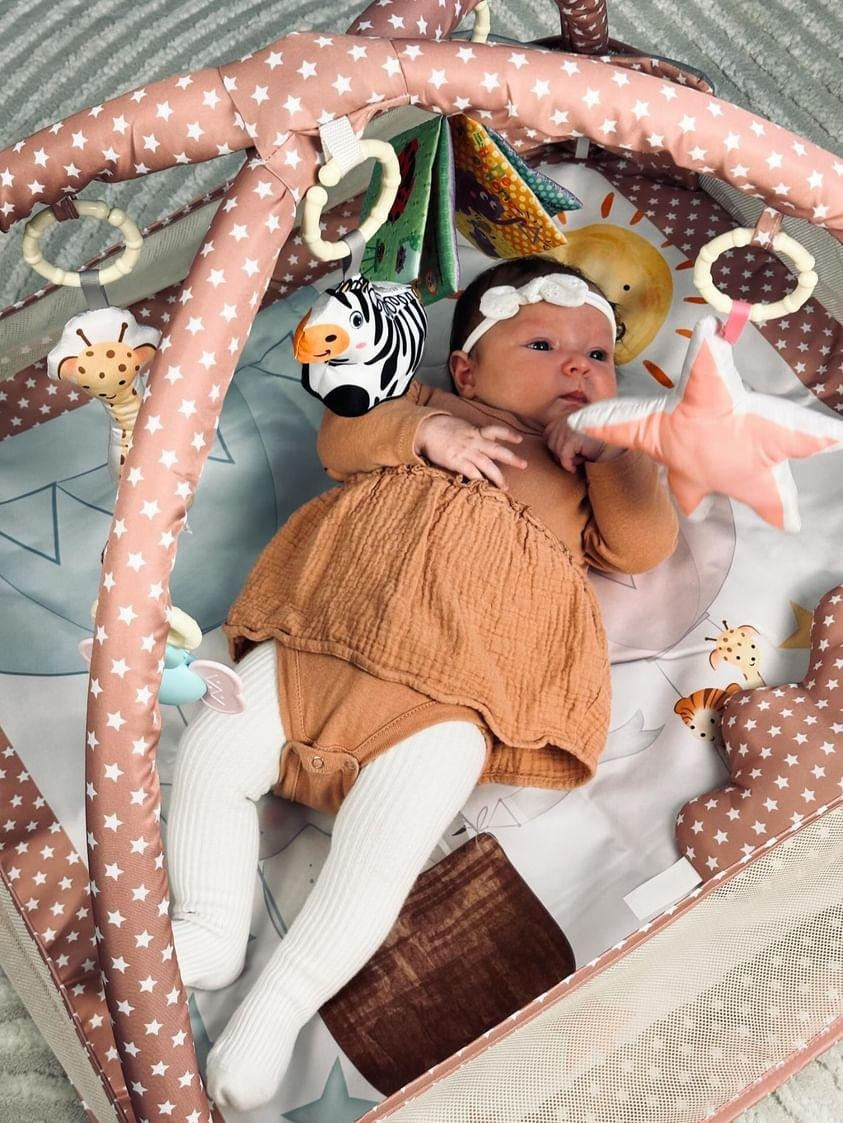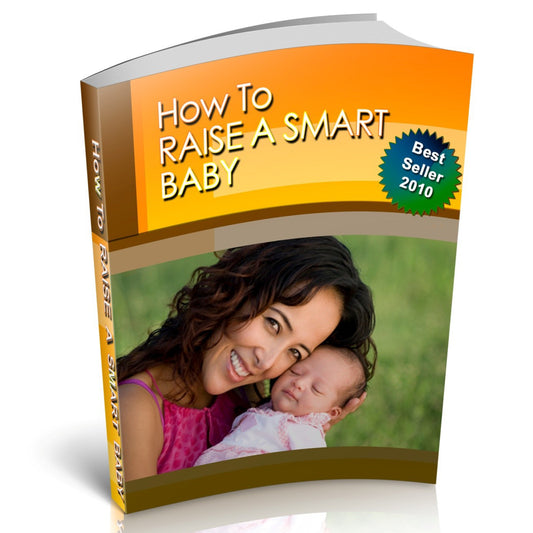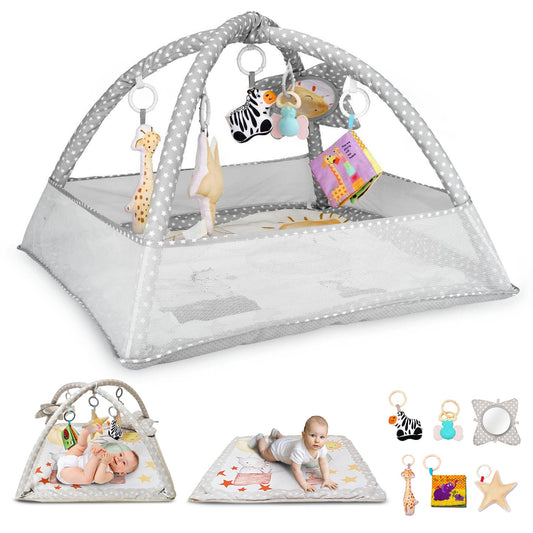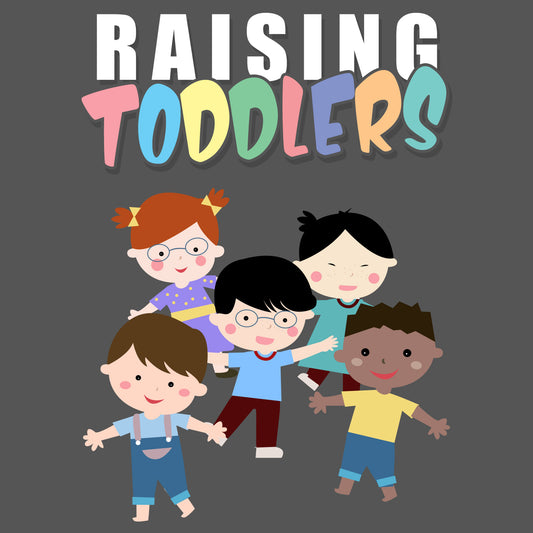Children do learn what they live. Then they grow up to live what they've learned -----Dorothy Nolte
As mentioned, the initial stages of your infants' development encompass various aspects such as physical, mental, sensory and motor skills, and educational growth, shaping their future experiences. In today's rapidly changing world, parents may find it challenging to establish early developmental objectives for their infants. This guide will walk you through the different phases of infant development and provide guidance on establishing and accomplishing goals at each stage.
2 Months: Nurturing Sensory Exploration
At two months, immerse your infant in a sensory wonderland. Introduce various textures and sounds to stimulate their senses. Encourage tactile exploration by incorporating soft fabrics and gentle sounds into playtime. This period is foundational for sensory processing, laying the groundwork for future cognitive abilities.

4 Months: Building Motor Skills
By the fourth month, your baby begins to explore movement and build motor skills. Tummy time is crucial for strengthening neck muscles, preparing them for the exciting journey of crawling. Use colorful toys to encourage reaching and grasping, fostering the development of hand-eye coordination essential for future activities.

6 Months: Introducing Cognitive Stimulation
At six months, introduce cognitive challenges into play. Engage your baby with vibrant patterns and detachable toys to stimulate their cognitive abilities. Explore cause-and-effect relationships, planting the seeds for early problem-solving skills that will benefit them in later developmental stages.

8 Months: Encouraging Independent Exploration
As mobility increases at eight months, create a safe space for independent exploration. A cushioned play area facilitates crawling and sitting experiments, allowing your baby to strengthen core muscles and gain confidence in their movements. Foster a sense of independence and spatial awareness during this crucial stage.

10 Months: Fostering Social Interaction
In the final months of the first year, prioritize social development. Encourage interactive playdates to promote sharing and turn-taking, laying the groundwork for essential social skills. Create a comfortable and vibrant environment that serves as an inviting space for fostering connections and joyful interactions.

Conclusion:
Throughout these developmental stages, the Kidikools 6-in-1 Baby Play Gym Mat serves as an invaluable companion. Its soft and textured surface nurtures sensory exploration, providing a safe haven for building motor skills during tummy time. The mat's vibrant patterns and detachable toys facilitate cognitive stimulation, while its cushioned surface encourages independent exploration. As a central hub for interactive playdates, the Kidikools 6-in-1 Baby Play Gym Mat contributes to fostering social skills. It plays a pivotal role in creating an enriching environment that aligns with and fulfills each developmental goal.








2 comments
It’s so helpful to have clear goals at each stage. I love how the Kidikools Play Gym Mat supports these milestones, especially with its sensory features and safe space for exploration. It’s great to know I’m providing the best environment for my baby’s growth!
Thank you for this helpful guide! It’s so reassuring to know what to focus on at each stage of my baby’s development. I especially appreciate the tips on sensory exploration and cognitive stimulation. Looking forward to trying it out!